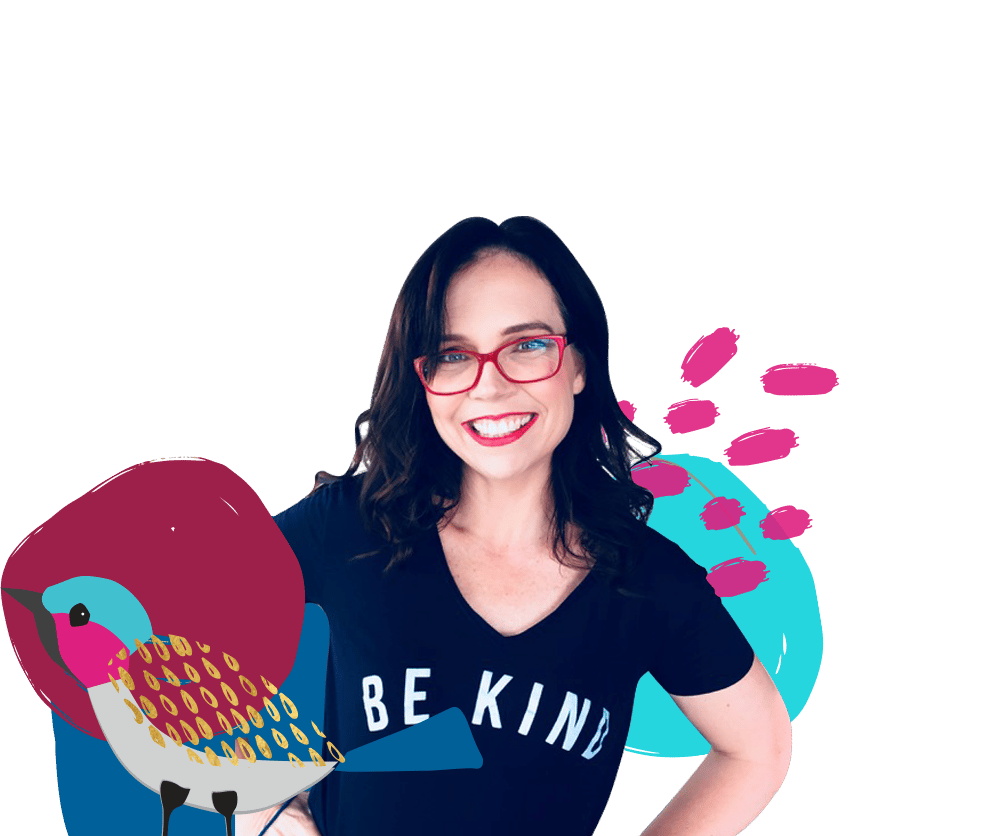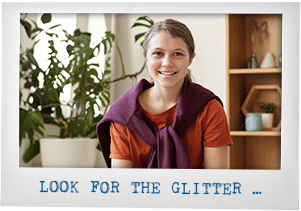6 Friendship Lessons for Girls
“The mean behaviour has to stop …”
On Friday I received an email from a school asking for help with their year 8 cohort of girls. There was a culture – they said – of meanness towards one another.
That’s the seventh email I’ve received just this year (and it’s still February!) from a school asking for help with a cohort of girls.
I’m not an expert but here’s some advice from me on how to move forward if you have a year level of girls (in particular) who are behaving badly towards one another.
1. Conflict in a friendship is normal.
We have to be careful not to romanticise the idea of a best friend. ALL friendships have conflict! So don’t throw away a friendship because of a fight. If you’re not sure if you should forgive your friend, ask “Is our friendship bigger than this fight?” (advice from my friend writer Deborah Disney). Step back and look at the friendship. Has it actually been a terrific friendship and this is a small glitch that is worth moving past? Be willing to apologise or reach out if you want to keep the friendship because overall it’s a great one.
2. Boundaries are EVERYTHING.
School friendships are a great time for all our kids to learn the important lesson of boundaries – this lesson will carry them through school friendships, romantic relationships and even workplace dynamics. Maya Angelou said, “You teach people how to treat you.” What are your friendship deal-breakers? When someone treats you badly — you can call them out on it. “I really like hanging out with you but I’m not prepared to be spoken to like that.” or “When you make fun of me like that – I feel humiliated. So I’m asking you to stop.” Now before you rush off to confront Cruella de Vil, I don’t recommend doing this publicly and making a scene (kiddo, this is not Real Housewives). Take the person aside and talk to them privately. NOT OVER TEXT. (Notice the caps — I’m waving a red flag at you.) Big conversations have no place online — do it in person. But if your best friend at school routinely puts you down and makes fun of you or excludes you — I would moonwalk outta there. That’s not friendship. Don’t be so desperate to be part of a group that you’re willing to be treated like dirt to be a member. That is too high a price to pay!
3. If someone upsets you — don’t discuss it with everyone else or punish them. That’s called CREATING A DRAMA CYCLONE. You do not need the stress in your life of more drama at school. Right? You know I’m right. If someone upsets you — talk to the person about it. And let’s be clear, if someone hurts your feelings or annoys you — you have two choices. You either get over it OR talk to them about it. The pressure on girls to be “NICE ALL THE TIME” means we often take our anger out in covert ways. This is called relational aggression. We are smiling assassins – freezing people out. Excluding them. Talking about them behind their back. THIS IS CREATING A DRAMA CYCLONE. (C’mon. You have so much going on at school. You do not need MORE DRAMA). Instead — let it go and move on. OR talk to the person privately. Expert Rosalind Wiseman talks about the SEAL method (google it) which is a strategy for addressing conflict. Can I add that being the go-between messenger (running between the two groups who are at war) is also not helping. You, my friend, are not Dr Phil. And at some point, both parties will probably turn on you for getting involved! Equally, if you hear people gossiping about one of your close friends — think twice about passing it on. Shut the gossip or mean comment down if you’re there when it’s said but you don’t necessarily need to tell your friend. School counsellor Phyllis Fagell advises that the gossip should end with you. If you tell your friend, they may internalise the message. Something to think about.
4. You don’t own your friends. Being possessive is a HUGE TURN OFF and makes you look needy.
Your friends are allowed to be friends with other people!! Try to be chilled out about it. It’s not a rejection of you. There are different levels of friendship — you can be friends/friendly with people in your class or after school activities because you have that class/activity in common. Often the friendship doesn’t go further. You’re friendly when you’re in that class or activity together — that’s normal! Let your friends explore other friendships without feeling scared they are “replacing” you. You can do the same! Allow other friendships into your life knowing they don’t all have to be your BFF. And here’s a tip I picked up from the book Middle School Matters by Phyllis Fagell. When it comes to making friends at school focus on connecting NOT impressing. Connecting is about asking questions and being curious/interested in the other person. Don’t spend all your time talking about things that only interest you. Fagell says ‘look for hooks’ to find ways to connect with other people.
5. “Friends with some, kind to all” – Glennon Doyle
You don’t have to be friends with everyone at school. But you need to be kind. Why? Because school is so much easier and more enjoyable when you make the decision to have a cohort that sticks together. Have each other’s backs. Look out for one another. I call this having a #TeamGirls attitude. Girls supporting girls. Because at some point at school (just like in life) — YOU are going to be the person who suffers a humiliating moment and you will want those kids around you to treat you with compassion and kindness not use your moment of vulnerability against you.
6. Choose Wisely Who You Share Your Stories With
This is a brilliant bit of wisdom from social worker and researcher Dr Brene Brown. How do we know who to trust at school? Before you trust someone, ask yourself, “Has this person earned the right to hear my story?” Sometimes we share really personal information about ourselves with people we really don’t know well. We do it as a way to try and bond with them but this can be a big mistake. We tell them that we have anxiety or who we have a crush on or that our parents are getting divorced. But if this person isn’t from our tribe (or doesn’t have our back) — this information then gets spread as gossip. Before you get vulnerable with someone ask “Has this person proven themselves to be trustworthy to me?” Don’t open up and share personal stories with people who don’t have you best interests at heart.
Learning how to navigate friendships is a tricky road and often a lifelong process. I’m 46 and still screw up. We all make bad judgement calls at times. We make decisions based on fear rather than kindness. I get it. But tomorrow is a new day.
Kind but strong. You’ve got this. ❤️
You might also like...
About Bec
Over the past 25 years Rebecca Sparrow has earned a living as a travel writer, a television publicist, a marketing executive, a magazine editor, a TV scriptwriter, a radio producer, a newspaper columnist and as an author.
social media

subscribe
Want to know if your child is ready to have a social media account?
Enter your details below and I'll send you my 4-point checklist.



